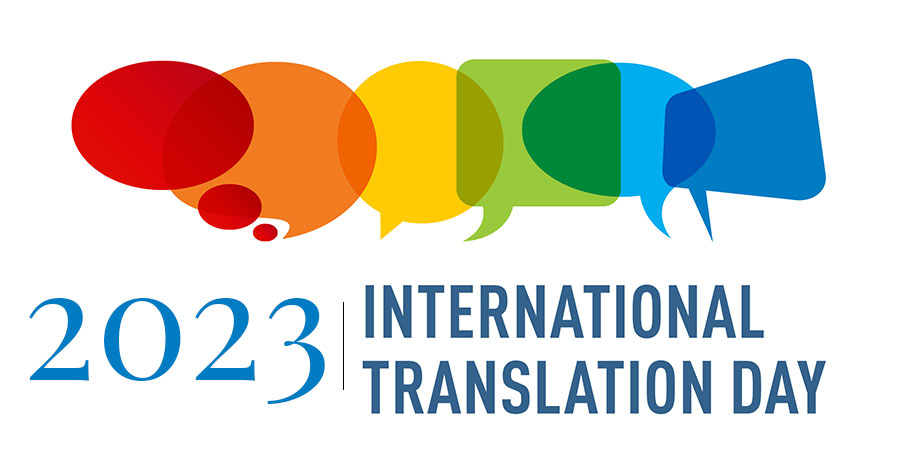Translating expressions of love and appreciation on Mother's Day across different languages is a delicate…
Empowering LGBTQI Voices through Translation in Africa

Africa is a diverse continent with rich cultural and linguistic backgrounds, where LGBTQI individuals face unique challenges due to societal norms, discrimination, and legal restrictions. However, translation can serve as a powerful tool in empowering LGBTQI voices and promoting inclusivity. By breaking language barriers, translation facilitates the sharing of experiences, stories, and knowledge, creating a platform for dialogue, understanding, and advocacy.
- Amplifying Visibility and Representation: Translation allows LGBTQI voices in Africa to transcend linguistic boundaries, enabling their stories and perspectives to reach a broader audience. By translating LGBTQI literature, articles, and personal narratives into various African languages, marginalized individuals can see themselves reflected in their native tongues. This increased visibility and representation not only validates their experiences but also helps combat misconceptions, stereotypes, and stigmatization.
- Fostering Understanding and Acceptance: Translation helps bridge the gap between LGBTQI communities and the broader society by promoting understanding and acceptance. When LGBTQI-related content, such as educational resources, awareness campaigns, and advocacy materials, are translated into local languages, it allows for meaningful engagement with communities that may have limited exposure to LGBTQI topics. By providing accurate and culturally sensitive translations, misconceptions can be dispelled, and dialogue can be fostered, leading to greater empathy, tolerance, and support for LGBTQI individuals.
- Providing Access to Vital Information and Resources: LGBTQI individuals in Africa often face challenges in accessing essential resources, including healthcare, legal support, and community services. Translation plays a critical role in ensuring that LGBTQI-related information, including rights, health guidelines, and support networks, is available in local languages. This empowers individuals with the knowledge they need to make informed decisions, seek support, and assert their rights, ultimately improving their overall well-being.
- Facilitating Regional and International Solidarity: Translation strengthens connections and fosters solidarity within and beyond African borders. By translating LGBTQI content from different African countries into various languages, it enables cross-cultural exchange, creating networks of support, and facilitating the sharing of strategies and experiences. Translated materials can also aid in collaborations with international organizations and activists, fostering a global LGBTQI movement that supports and uplifts African voices.
- Advocacy and Legal Reform: Translation serves as a catalyst for LGBTQI advocacy and legal reform efforts in Africa. By translating research, policy documents, and legal resources into local languages, equips activists, lawyers, and policymakers with the necessary tools to advocate for LGBTQI rights and push for progressive legal reforms. This not only strengthens the legal framework for LGBTQI inclusion but also empowers activists to communicate their messages effectively, engage with stakeholders, and challenge discriminatory laws and practices.
In conclusion, Translation has the power to break down linguistic barriers, elevate marginalized voices, and empower LGBTQI communities in Africa. By amplifying visibility, fostering understanding, providing access to vital information, facilitating solidarity, and supporting advocacy efforts, translation becomes a critical component of promoting LGBTQI rights and inclusion. As we continue to strive for a more inclusive and equitable society, leveraging the power of translation can contribute to creating a safer and more accepting Africa for all individuals, regardless of their sexual orientation or gender identity.



